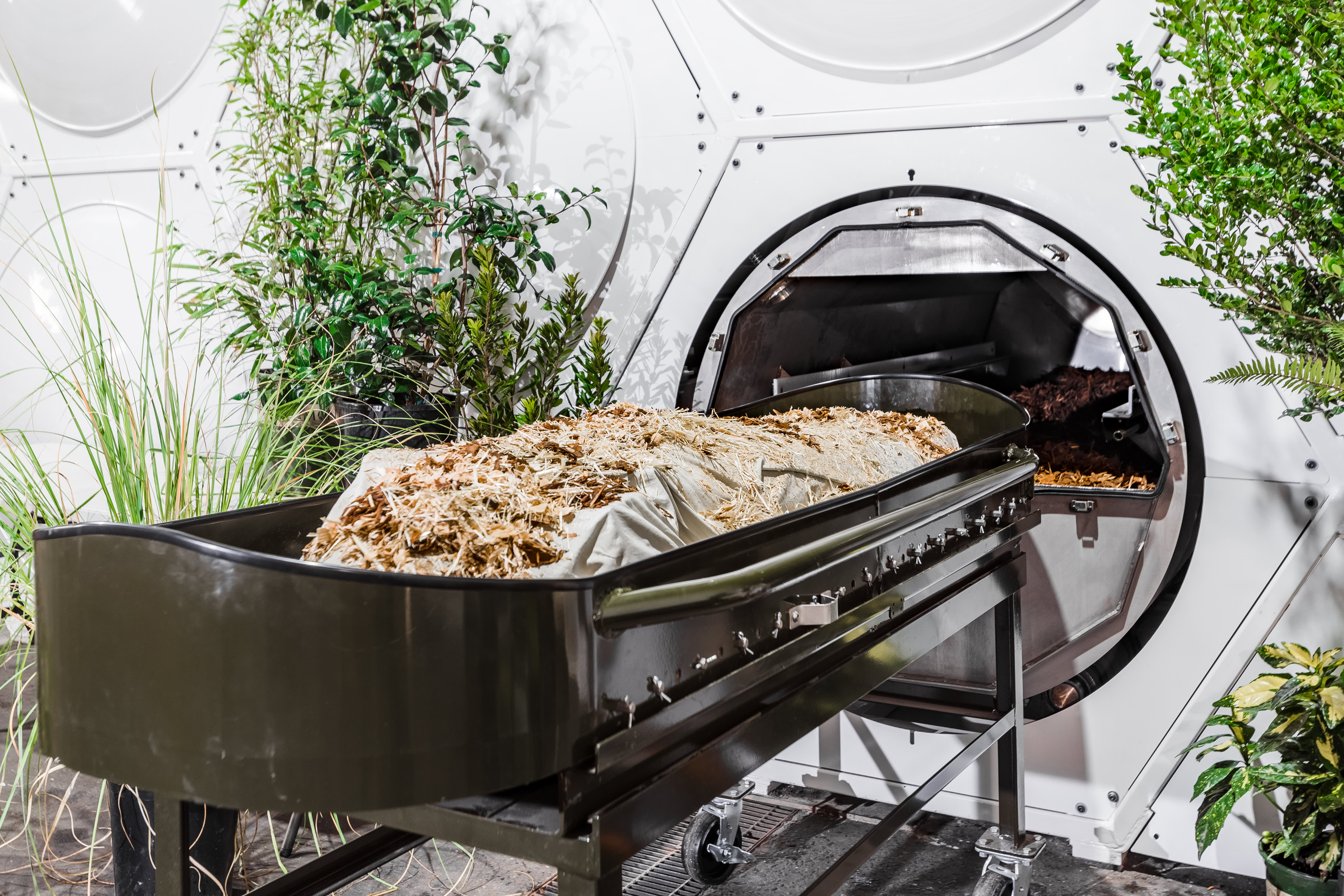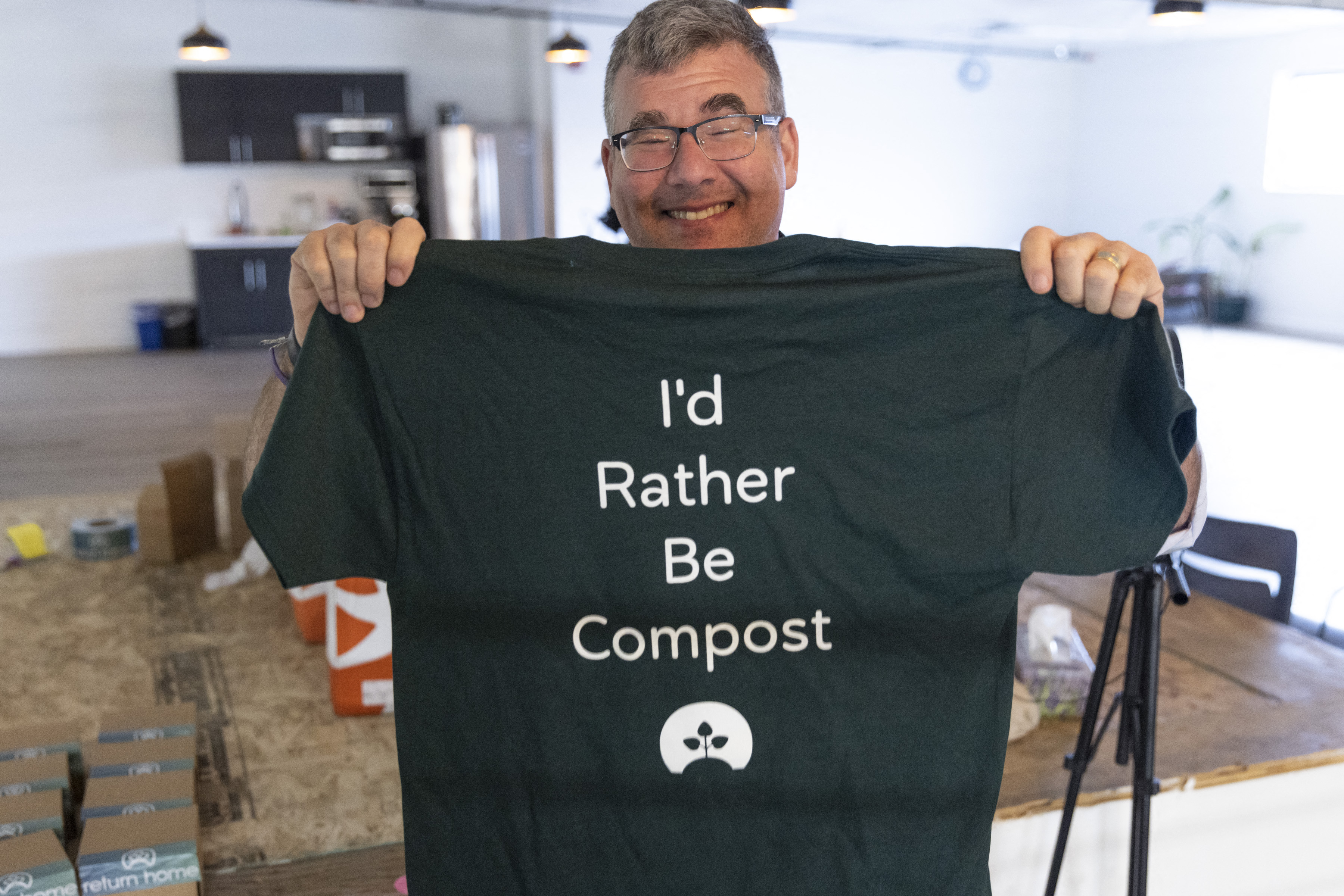
The Delaware Senate gave final approval Thursday to a bill allowing the composting of human bodies as an alternative to burial or cremation.
The measure passed on a 14-7 vote and now goes to Democratic Gov. John Carney.
The legislation authorizes a practice called natural organic reduction, which is often referred to as human composting.
Human composting is currently legal in Washington, Colorado, Oregon, Vermont, California, New York and Nevada, and legislation has been introduced in more than a dozen other states.
Supporters of the practice say it is an environmentally friendly and less costly alternative to traditional burials and cremation that uses less energy and doesn’t involve the use of formaldehyde or the release of carbon dioxide and mercury into the atmosphere. They also say it will help reduce the amount of land needed for cemeteries and the amount of timber harvested for caskets.
Senate sponsor Laura Sturgeon said natural organic reduction is a “sophisticated process” that uses cutting-edge technology and engineering to accelerate the process of turning a human body into soil.
Get Tri-state area news delivered to your inbox. Sign up for NBC New York's News Headlines newsletter.
“This choice may not be for everyone, but we can respect those who wish to turn their bodies into soil by allowing this sustainable death care option to be available in Delaware,” Sturgeon said.
If the bill is enacted into law, state officials would have up to a year to develop specific regulations.
The organic reduction process involves putting a body into a large tank that also holds straw, wood chips or other natural materials for about 30 days. The human remains and organic materials would mix with warm air and be periodically turned until the body is reduced to a soil-like material that can then be given to the dead person’s family.
Under the bill, remains could not be accepted for composting if they contain radioactive implants, or if the person died as the result of a radiological incident. Also off-limits would be the remains of those suspected of having certain infections, such as the Ebola virus or diseases that can affect both animals and humans and lead to incurable neurodegenerative disorders, such as mad cow disease.
Testing in other states that allow the practice has found the resulting soil to be “high quality and regenerative,” according to bill supporters.
“That is completely safe for any use,” said Chris DiPietro, a lobbyist testifying in favor the bill. Some people use the soil from a loved one’s composting to plant a tree to remember them, he added.
Opponents suggested that human composting is disrespectful.
“I really have a tough time accepting the idea of composting a human body,” Sen. David Lawson said. “It just doesn’t comport with my upbringing, my religion and my belief that God designed us, and we deserve a bit more respect than being turned into tomato food.”



